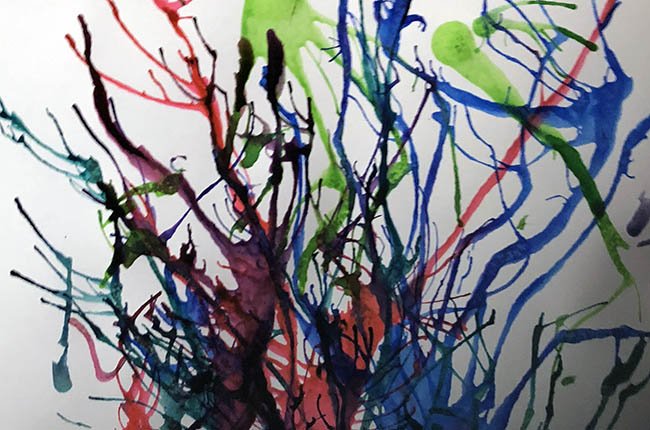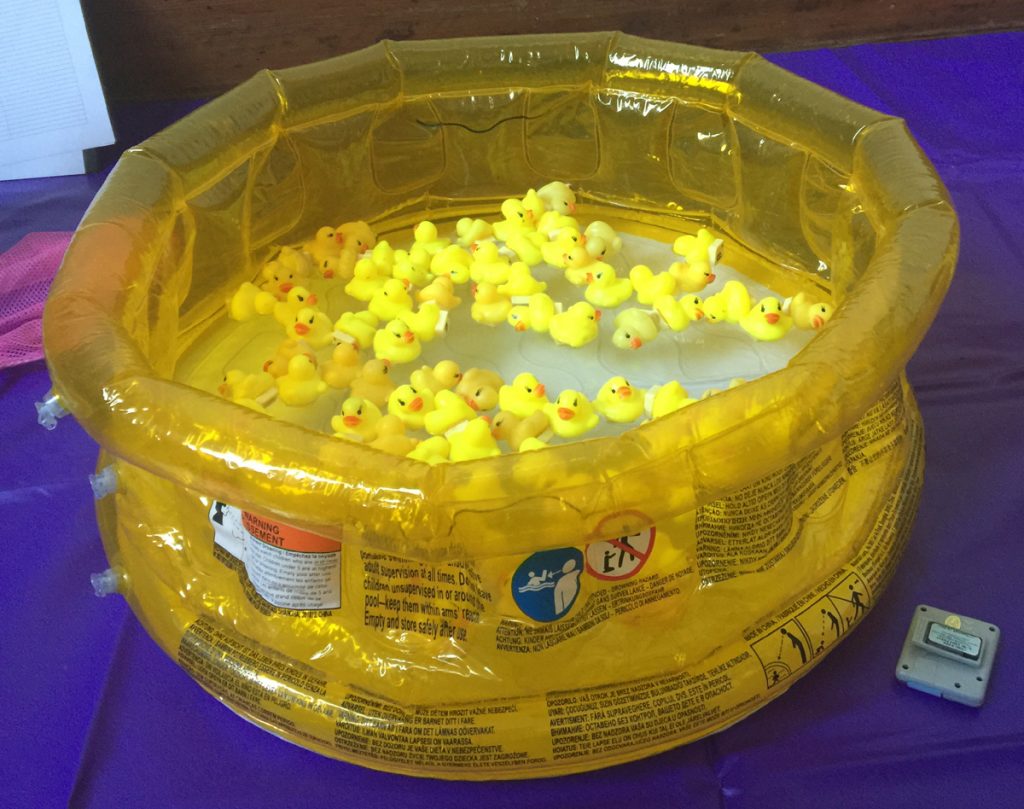
Public engagement with the Lydia Becker Institute of Immunology and Inflammation
The Becker Institute is keen to promote an understanding of the immune system and our passion for immunology to as many people as possible. Immunology is vital to the understanding of most medical conditions in modern medicine. As such the Lydia Becker Institute has been part of three public engagement events during Manchester Science Festival 2018. It is only through promotion of immunology research that we can hope to address questions about immunology, share our research with the public and inspire a future generation of researchers. As publicly funded researchers it’s also our duty to show how we use public funds and this helps build the case to support future immunology funding.
Science Spectacular
The Lydia Becker Institute of Immunology and Inflammation along with the MCCIR, presented ‘Inflammation: the good and the bad’ at the Science Spectacular event held at The University of Manchester. Science Spectacular is a family friendly event with numerous displays about scientific research taking place across the university. We shared ideas about good and bad bacteria via interactive guessing games and model making using Playdough. How the immune system distinguishes between good and bad bacteria was illustrated using a game where ducks masqueraded as good and bad bacteria with children asked to find the bad ducks in a race against time. Children were then encouraged to “beat the flu virus” by throwing white blood cells at a huge poster of a flu virus!

The ducks were used to show how the immune system distinguishes between good and bad bacteria
Science and Industry Museum
Researchers were also at the Platform for Investigation at the Science and Industry Museum with the British Society for Immunology to talk about allergies- what they are and how your immune system goes rogue. Fantastic models were created of mast cells (the immune culprits behind many allergy symptoms) and people also made images of the lung airways to show how your lungs can be affected in an asthma attack. Researchers at the institute and MERI (Manchester Environmental Research Institute) have been using citizen science to develop maps of when and where allergy symptoms develop to learn more about what environmental factors trigger symptoms. The researchers were thrilled to share their first research paper from the citizen science project. The star of the show was the giant crawl through nose, which was used as a way to discuss how our immune system recognises allergens and why we sneeze when we get hay fever. The event was busy all day with visitors asking many questions and sharing their own stories of how allergies impacted their lives.
Quarry Bank Mill
Jamie Farrington, a history PhD student with Sheena Cruickshank, was at Quarry Bank Mill for a week, sharing his early findings from his history project investigating the history of infection and injury in the Mill apprentices. The event had a enactment of the actual doctor at the Mill – Mr Holland – and he was on hand to diagnose your illness, using actual cases that Jamie has been researching. We shared how diseases were treated then and what we would do now.
In the mill, you could also experience first-hand the power of the spinning and weaving machines and the dangerous conditions faced by the workers. By exploring The Workforce gallery you could find out more about accidents and injuries in the mill.






0 Comments